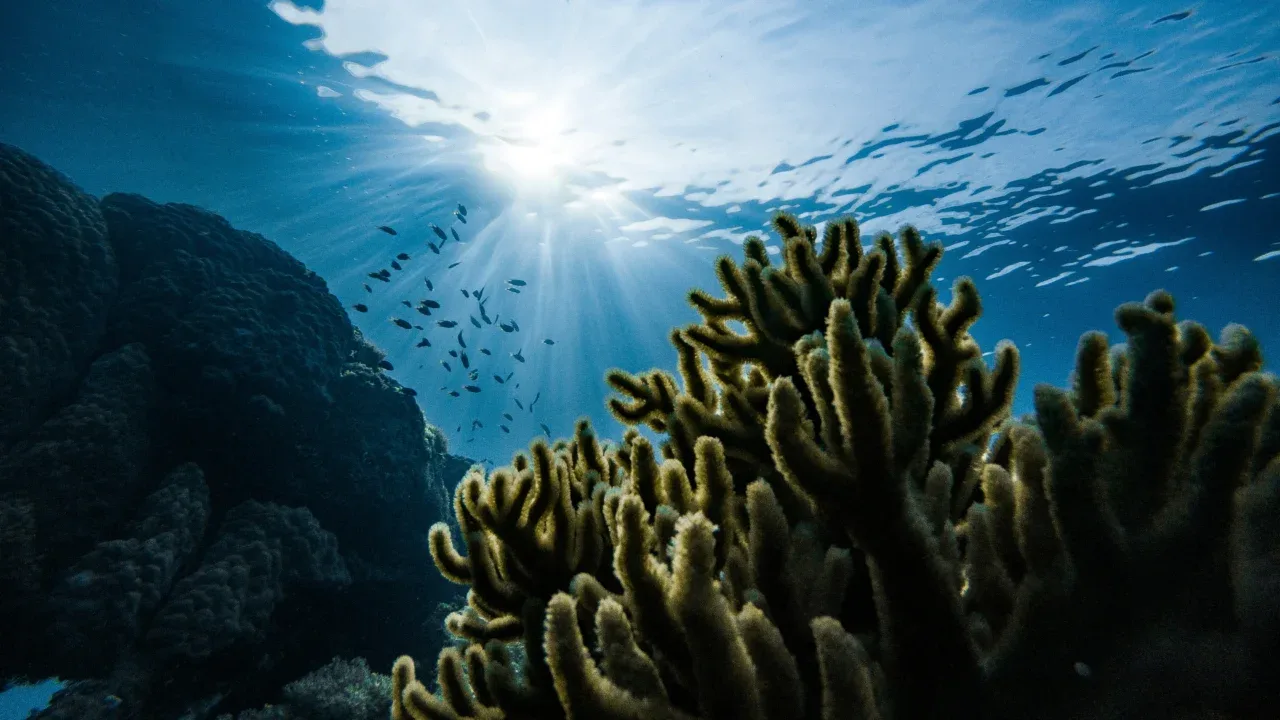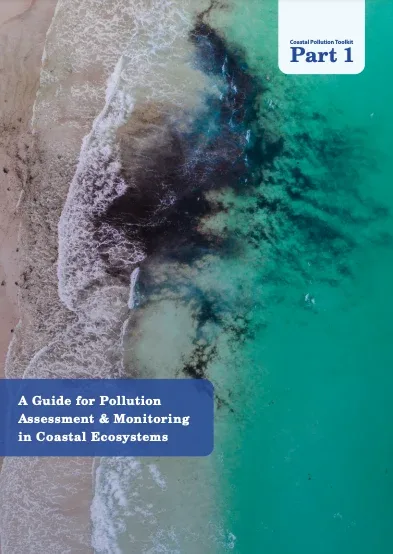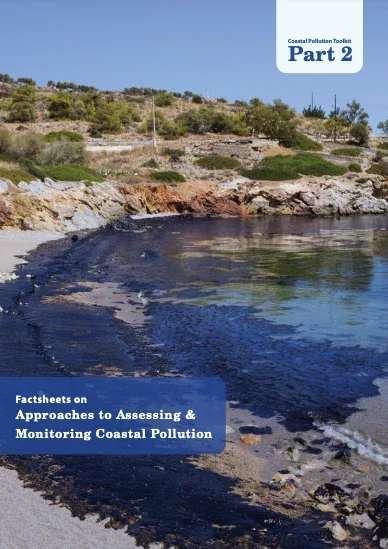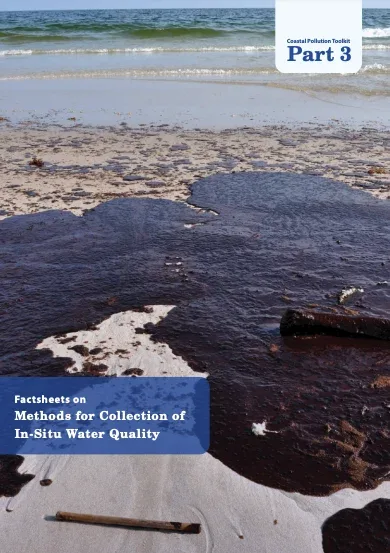ICRI member the Wildlife Conservation Society, have recently released a new Coastal Pollution Toolkit.
Water pollution poses a significant threat to the health and vitality of coral reefs and associated ecosystems worldwide. More than 50% of coral reefs and 80% of seagrass beds are exposed to wastewater pollution.
Runoff from agricultural activities, sewage discharge, industrial waste, and urban development introduces harmful pollutants such as pesticides, fertilisers, heavy metals, and plastics into coastal waters. These pollutants can disrupt the delicate balance of coral reef ecosystems, leading to coral bleaching, reduced biodiversity, and increased susceptibility to diseases. Additionally, excess nutrients from pollution can fuel algal growth, smothering coral reefs and inhibiting their ability to photosynthesise effectively. As a result, coral reefs face unprecedented stress and degradation, jeopardising the myriad of marine species that rely on these diverse and vibrant ecosystems for survival.
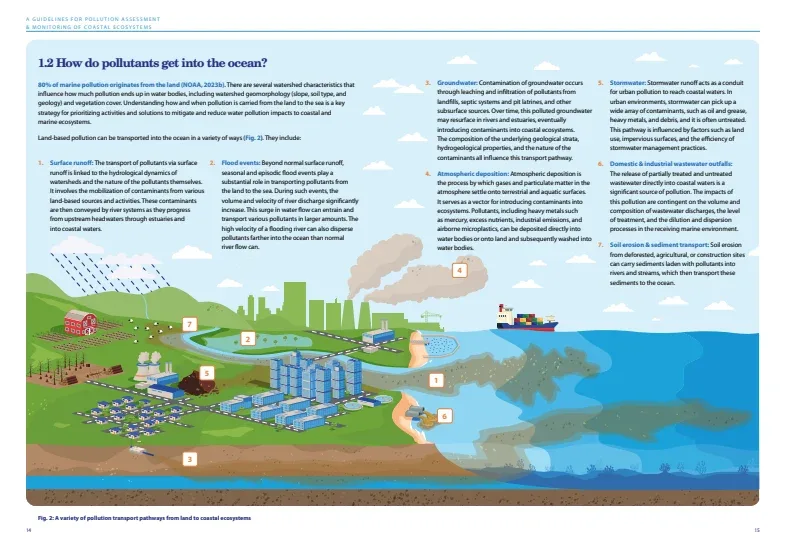
Learn more about how to assess and monitor coastal and marine pollution in the recently release three part guidance.
Part 1 – A Guide for Pollution Assessment & Monitoring in Coastal Ecosystems, learn how to develop a pollution assessment and monitoring strategy that can be used to inform decision-making and initiate change
Part 2 – Factsheets on Approaches to Assessing & Monitoring Coastal Pollution
Part 3 – Factsheets on Methods for Collection of In-Situ Water Quality
More information can be found on the Wildlife Conservation Society webpage: https://lnkd.in/eytKGPN5
